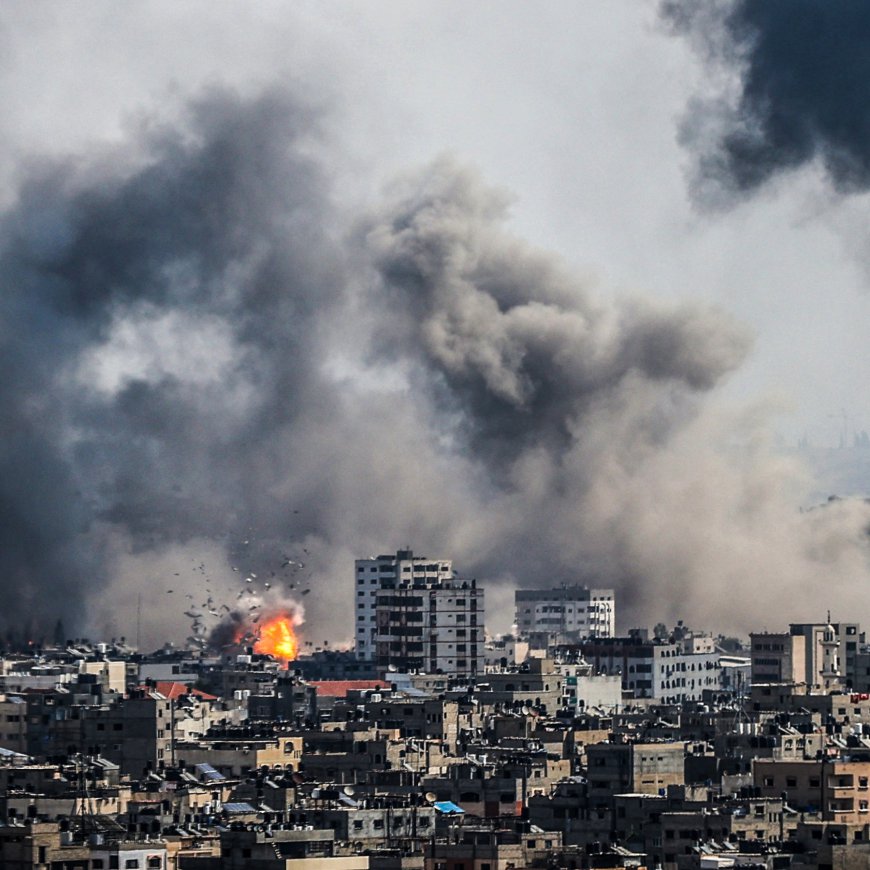Gaza's Silent Crisis: 95% Lack Clean Water, UN Warns of Child Deaths
Dire water scarcity in Gaza sparks a silent humanitarian emergency as 95% lack clean drinking water. UN warns of child deaths due to dehydration. Explore the critical situation and the devastating impact on Gaza's population in this urgent report.

In the heart of Gaza, overshadowed by the ongoing political turmoil, a silent humanitarian crisis is unfurling - a severe shortage of clean drinking water. A staggering 95% of Gaza's population faces peril as polluted water and salty groundwater lead to grave health concerns. The UN issues a stark warning, emphasizing the imminent threat of child deaths due to dehydration.
Gaza's Water Crisis: A Silent Emergency
This crisis is a result of a complex interplay of factors, including longstanding tensions between Israel and Gaza. Israeli restrictions on water and power have resulted in a critical water shortage. Although some water pipes from Israel are now functional, a crucial connection in southern Gaza is leaking.
Devastating Consequences
The impact of water scarcity is devastating, with families standing in long queues for hours to access potentially contaminated water. The UN reports that only 5% of Gaza's water needs are currently met. Aid lorries from Egypt, while providing temporary relief, highlight the urgent need for a sustainable solution amid the ongoing conflict and displacement.
Logistical Nightmare
Residents tirelessly search for water, often paying for access and enduring long queues. The situation goes beyond scarcity; it has become a matter of life and death.
Roots of the Crisis
Gaza has grappled with water access issues since the 2007 blockade by Israel, resulting in overused groundwater sources and pollution. Recent escalations have worsened conditions, with fuel shortages impacting desalination plants, water transportation, and sewage treatment. Wastewater released into the sea further contaminates the coastal aquifer.
UN's Stark Warning
James Elder from UNICEF issues a stark warning that many in Gaza have no choice but to drink salty water. Gaza's water production capacity has plummeted to 5% of its typical daily output, with child deaths, especially among infants, becoming an increasingly ominous threat.
Conclusion: A Call for Humanitarian Assistance
Without a ceasefire and urgent humanitarian aid, Gaza faces greater horrors, especially for innocent children. The water crisis is a stark reminder of the immediate need for international assistance to address the region's urgent needs and prevent further catastrophic consequences.







